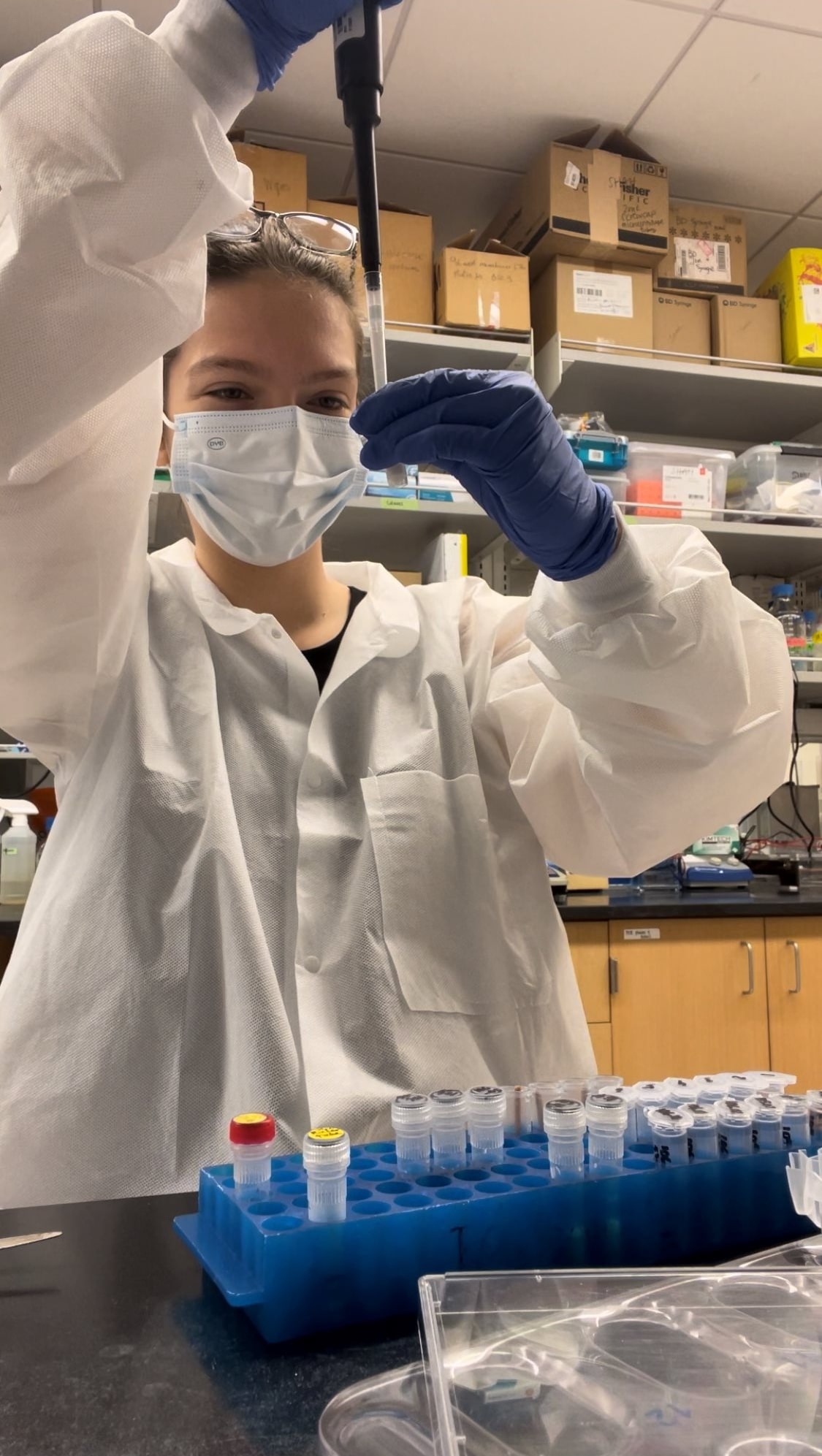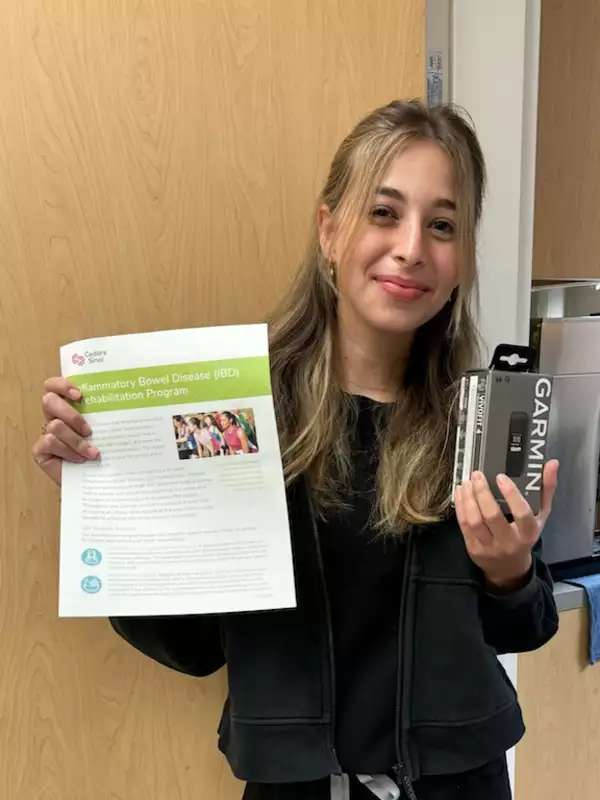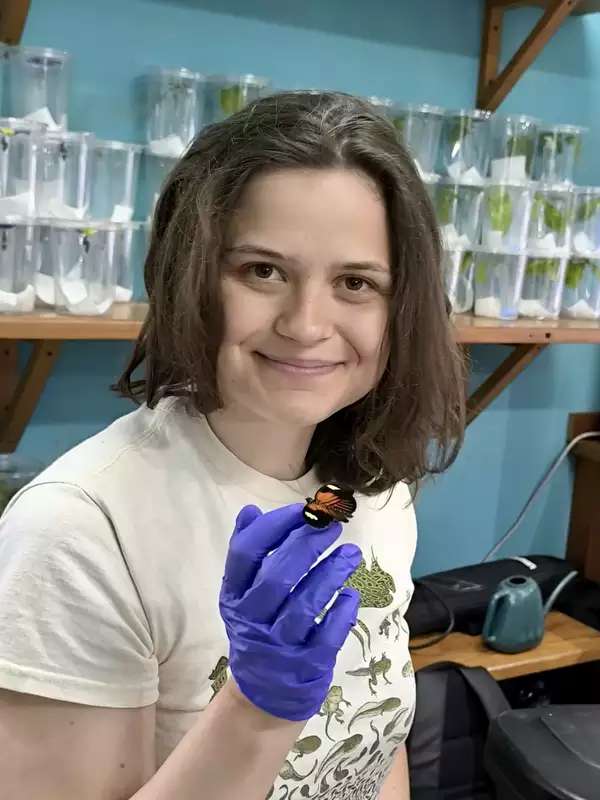This summer I’m working in the Weil Lab at the University of Washington doing cholera and microbiome research. Cholera, a disease caused by the bacterium Vibrio cholerae, affects millions of people around the world, particularly in regions lacking adequate water sanitation. It can cause diarrhea and vomiting, in some cases leading to severe dehydration and death. Our long-term goal is to figure out which microorganisms in the gut microbiome are associated with different outcomes of V. cholerae infection (ex: a severe case vs an asymptomatic case), and to eventually prevent severe cases using translational medicine techniques.
Currently, I am working on extracting DNA from stool samples so that we can later sequence it and BLAST search the results to determine which microbes are present in cholera patients’ and their family members’ microbiomes during infection. We will compare their microbiomes in order to correlate differences in disease severity. Furthermore, we are interested in single chromosome V. cholerae strains, which have been popping up in our patient samples. V. cholerae typically have two chromosomes, and we want to know how stable the single chromosome mutation is, as well as how it affects V. cholerae infection severity. I am designing a protocol to investigate single chromosome V. cholerae stability, which will involve plating it for over a thousand generations, and running tests to determine the toxicity, growth rate, and chromosome number of the bacteria over evolutionary time.
Later on this summer, I hope to dive further into the microbiological relationship between single gut microbes and V. cholerae by comparing growth rates and testing for characteristics associated with virulence, thereby developing my skills using aseptic technique, working in the anaerobic chamber, and doing cell culture. It has been extremely rewarding applying the knowledge I’ve gained in labs at Barnard to what I’m doing in the Weil lab, and I’m excited to continue learning this summer!



